Osteo...pour another glass of milk?
OSTEOPOROSIS
The loss of bone density.
In women, our “peak” bone density occurs in our twenties – it’s a slow and steady decline of density from this point until menopause. Rapid bone loss begins approximately 1.5 years before the last menstrual period and continues at this rate for the next 5 years.
Men, however, don’t go through this rapid bone density loss and their bone density remains stable for a lot of their life. This can be attributed to their higher peak density and lack of a menopause equivalent transition phase.
But not all hope is lost – our bones are pretty darn clever: Ruth Trickey (women’s health guru) even refers to them as ‘Dynamic Growing Tissue” due to the fact that they repair themselves.
This is why if we are unlucky enough to have a fracture – it essentially heals itself.
This repair or dynamic growth occurs due to an action called bone remodelling, which is driven by the activities of our Osteoblasts (builders) and Osteoclasts (demolition crew). Whilst these little workers do this almost autonomously, they do have a little influence from both internal and external factors:
HORMONES (ESPECIALLY DURING MENOPAUSE)
DIET
LIFESTYLE
Lets look deeper into these influencing factors
The following lists are comprised of factors that can have negative impacts on our bone health and density.
DIET:
Low intake of minerals needed for bone repair and maintenance
Excessive coffee and alcohol intake
Low intake of phytoestrogens (especially during menopause)
Too much animal protein: when levels of protein in the body get too high they actually increase the rate of which calcium is excreted by our kidneys (through our urine) – this may continue months after dietary adjustment.
Sugar and sodium intake at high levels also influence loss of bone minerals through the kidneys.
Eating too much fibre can have an estrogen lowering effect and estrogen is needed to help protect the bones
Having a diet high in phytates. Phytates found in white grains can form insoluble bonds to minerals that are essential for bone health, including; calcium, magnesium, zinc and iron.
LIFESTYLE:
Sedentary lifestyle, especially one with prolonged bed rest.
Smoking not only reduces absorption of essential bone building minerals, but also reduces estrogen and it’s protective effects on bones
Reduced gravity has also been reported to have negative effects on bone density – so those wanting to travel to space… remember to take your supplements
Holistic approach in supporting our bodies before and during osteoporosis – so what can we do to help ourselves?
Ruth Trickey says there are 3 requirements we need to improve our bone health:
Retention of the minerals in our bones (protection)
Intake of the correct nutrients (supplementation)
Absorption of these nutrients within our gut (utilisation)
The following lists are comprised of factors that can have positive impacts on our bone health and density.
DIET/NUTRIENTS NEEDED:
Calcium: not just from dairy. The main building block for bone health – need I say more? Sources include; tahini, sardines, kale, blackstrap molasses, tofu, almonds, prawns.
Boron; effects the synthesis of the active forms of estrogen and vitamin D in our body. The main sources of boron are prunes, almonds, raisins, parsley and apples.
Chromium (especially piccolinate); increases bone density through improving insulin sensitivity – it also helps to reduce urinary excretion of calcium.
Phytoestrogens and Isoflavonoids; soy is one of the most researched phytoestrogens, with strong protective effects on our bones. Tea is also protective for our bones due to its (weak) estrogenic isoflavanoids.
Magnesium; making sure it’s supplemented alongside calcium is important for the formation and retention of essential minerals in our bones. Food sources include dark chocolate, dark leafy greens, bananas, nuts and seeds.
Vitamin D; this one is super important, because if we have a deficiency in vitamin D – no matter how much calcium we are taking or getting through food, our bodies can’t utilise it correctly.
Collagen; not only important to help our bone strength but also to help the integrity of our gut so that we can absorb all the nutrients that we are consuming and/or supplementing with (I’ll touch on this more in an upcoming blog)
LIFESTYLE:
Exercise: actually helps to increase bone density even during and post menopause. The increase in bone density isn’t just localised to the part of the body being exercised either. The best types of exercise for our bones are weightlifting and balance training. These forms of exercise help to prevent fractures, decrease muscle wasting, reduce risk of falling, increase muscle mass and motility.
Examples of weight-bearing exercise = walking, jogging, pilates, stair climbing, bike riding, dancing, weight training… options are almost endless.
Light sun exposure; Smart and safe sun exposure increases the rate of which our bodies use and synthesise vitamin D (as we’ve learnt is a co-factor to our bone health).
So, lets not just pour ourselves a glass of milk… Let’s grab out the hummus and protect those bones…
Like any advice given on my page, this advice is general. It’s best to consult with your healthcare practitioner before starting a new treatment – or book in with me and we can personalise a treatment that best suits you.
** Picture via: https://www.sciencenewsforstudents.org/article/lets-learn-about-bones
